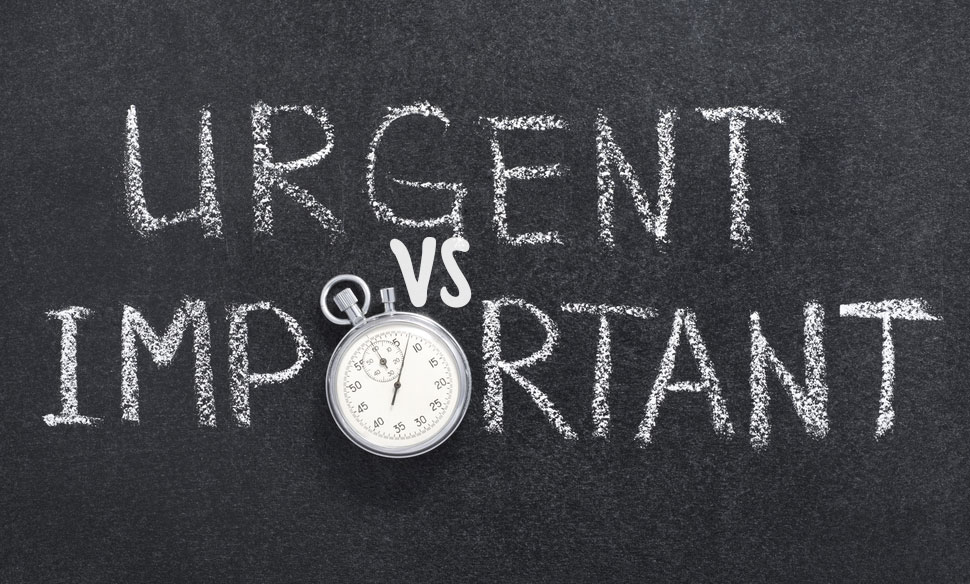(Originally published in aspIRe magazine, Issue 19)
Sometimes, we say something we don’t really mean. We don’t even rethink it.
If I ask, ‘Is life important to you?’, you will say ‘yes’. If so, health would be too, right? And if health is important, then so are diet and exercise; but only few of us eat and exercise properly every day.
Many of us consume processed and fast foods that are convenient for life on the go, or because we perceive them as delicious. We don’t exercise because there are more important tasks, errands and obligations that require our time, or simply because exercising requires too much effort. Our list of reasons is endless.
This is where we should apply the Eisenhower Principle. In his 1954 speech, former US President Dwight D. Eisenhower said, “I have two kinds of problems: the urgent and the important. The urgent are not important, and the important are never urgent.” This is the principle that enabled him to organise his workload and priorities.
According to the website differencebetween.net, the urgency of a task is largely governed by deadlines whereas the importance of a task is decided by the impact or significant change created. Urgency is driven by external factors like deadlines whereas importance is a more introspective exercise. What you consider important can differ from what others consider as important.
What we find difficult to grasp is that things that are most important are not urgent.
Proper diet and exercise are not “urgent” things to do, but you know they’re the most important in your life. We can always postpone our exercise routine or not do it at all. The next thing we know, we’re gaining weight and falling sick because of our sedentary lifestyle. Spending quality time with our loved ones is of utmost importance but other so-called urgent activities get in the way – and they are always going to be there anyway. The next thing we know, our loved ones start to drift away from us and relationships suffer.
We suffer because we don’t prioritise health and relationships. We prioritise activities that we think are urgent, like being competitive at work, paying bills on time, giving in to peer pressure and influences and cultivating habits that make us feel good for the moment but don’t help us in the long run.
We get caught up in things that are urgent but not important because we always fail to plan – time is the biggest factor here. While it’s true that managing time is difficult, it’s easy to manage the events and activities that make up our time by asking ourselves, ‘what is important?’ The more we plan, the less urgent matters we have to deal with and we can focus on what’s important.
It always pays to be truthful to ourselves. What is urgent? What is important? We should strive to schedule our tasks and activities based on their importance and urgency. This is how we can achieve a well-balanced life.
READ ALSO: My Health and Wellness Tools

